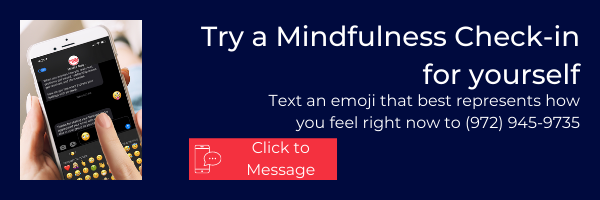Judgement: Moral Emotions
Most people don’t realize how much their emotions direct their moral decisions. But without feeling emotions, you may be unable to make any moral judgements. It’s important that we first understand the concept of morality. Morality refers to the differentiation between decisions, actions, and intentions that are right and wrong. Since morality serves as a guide as to how we treat other people, and emotions often emerge through the interactions of others, it can be understood that our emotions motivate morality to some extent. With this in mind, the term moral emotions is primarily used to comprehend how these emotions have the function to motivate moral thoughts and behaviors. In other words, they’re emotions that make us focus on morality.
What can be deemed a moral emotion? Gratitude, admiration, and empathy are all examples of moral emotions but so are guilt, embarrassment and shame. This can show that there are many different levels of positive and negative and that our emotions play a role in our ethical decision making. Research shows that those who can’t distinguish the various emotions embodying positivity are more likely to have their emotions drive them in a positive situation. Whereas, if you’re more likely to distinguish the various feelings around negativity, you're less likely to have those negative emotions motivate you to take action in the moment.
How do moral emotions affect behavior? Emotional awareness and regulation allows you to think “What is happening around me” before reacting. While some emotions have the power to create reactions to specific actions such as feeling gratitude and admiration, which people may feel when they see another acting with compassion or kindness, leading them to want to help people as well, there may also be situations of emotional dispatch. An example of this could be feeling sadness during a wedding which is usually deemed as a positive situation.
Although they may seem to be unprompted reactions by individuals towards others, moral emotions reflect an understanding of social relationships within our culture. Due to this, they lead people to act in a way that benefits the overall well being of their community through appropriate interrelationships with one another. This shows that emotions evoked by certain situations, allowing individuals to feel motivated or discouraged in order to act ethically and the want for our society to function accordingly, go hand in hand.
You can listen to and follow Feelings Matter on:


